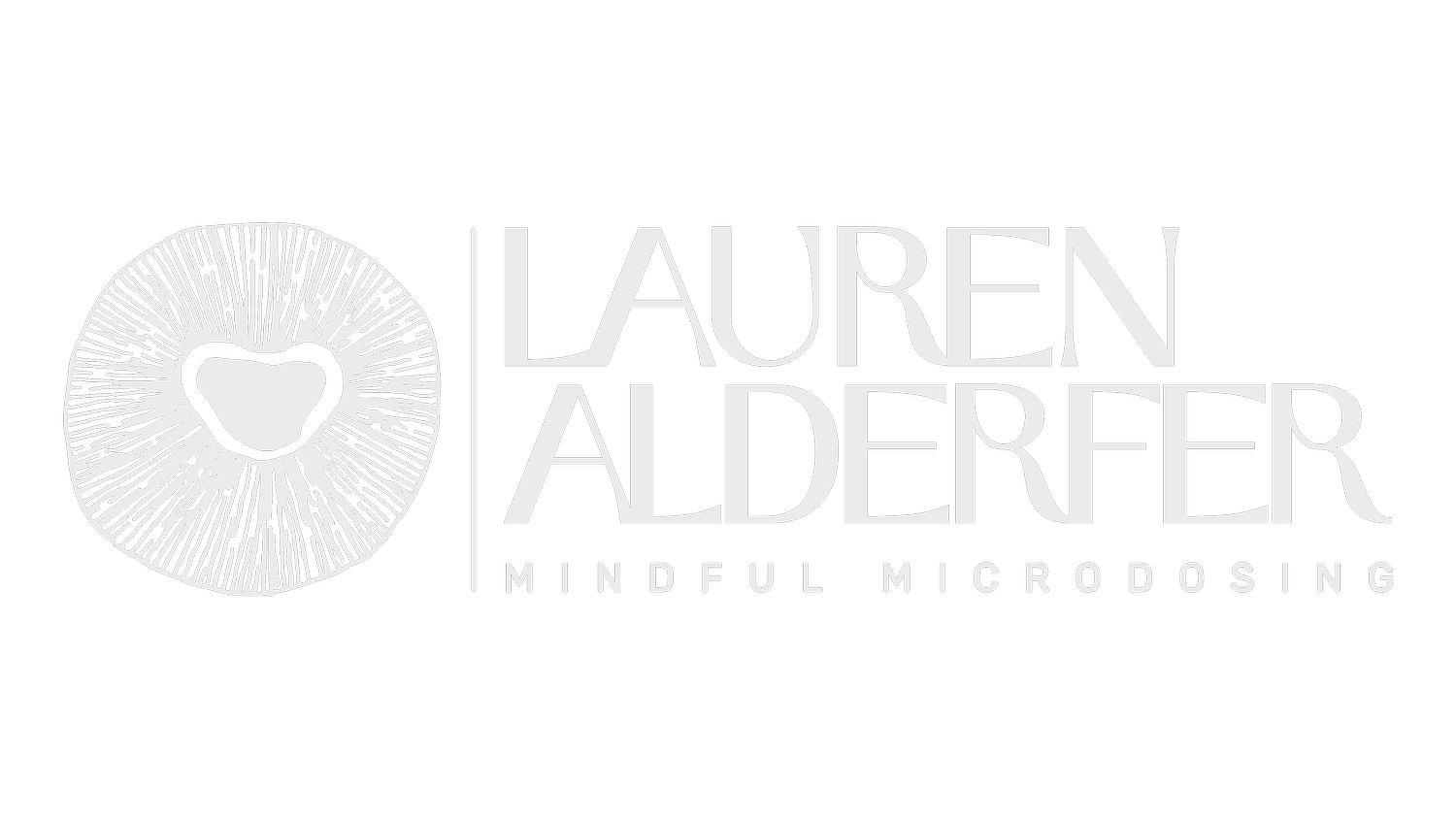MAID – Challenging the Law - A Mindful Approach to Dementia & Psychedelics
I spoke with Henry about Alzheimer’s and his thoughts around medical aid in dying (MAID) on Instagram. The response has been humbling. I am also humbled and amazed at Henry’s advocacy—on behalf of someone experiencing Alzheimer’s, it is inspiring for his voice to be heard and shared.
One post captures his attitude about having Alzheimer’s, the other post contemplates access to MAID. It turns out that in the past few days we have had conversations with a few people who are actively supporting individuals who come to Vermont to access their legal right to MAID.
The Wayfinders Network is an independent and collaborative group of hospice nurses, case managers, death doulas, and social workers who are available to help patients and their families. There is also The Comfort Project, a group led tirelessly by Suzanne Baxstresser and Patty Dunn that has been supporting out-of-state clients coming to Southern Vermont for Medical Aid in Dying since the residency requirement was removed in 2023. There are also individual death doulas based in Vermont who do the same. One such person is Kasey March. These groups and individuals work collaboratively and are unsung heroes who are dedicated from the heart to this sacred work.
In Vermont, MAID is covered under Act 39. Here is the criteria:
Be at least 18 years of age or older
Have a terminal illness with a prognosis of six months or less to live
Be capable of making their own health care decisions
Be able to make an informed and voluntary request to their physician
Be able to self-administer the medication
As the approximate 72 million baby boomers throughout North America reach their final years, and with estimates (based on a 2025 NH-backed study) that there is a 42% lifetime risk for dementia after age 55, we are looking at tens of millions of people. The Alzheimer’s Association states that there will be 7 million Americans living with Alzheimer’s by 2050.
Even though Alzheimer’s is considered a terminal disease, an Alzheimer’s patient like Henry does not qualify for MAID under its current eligibility criteria.
Legal challenges are oftentimes the way to open opportunities for those who may come after you. Such was the case of a Connecticut woman, Lynda Bluestein, a long-time supporter of hospice. When her terminal diagnosis came, she wanted to access MAID. Not being a legal option in her home state, she was instrumental in changing the Vermont law that now allows out-of-state residents to access their right to MAID in Vermont.
The documentary Other Side is a 90-minute movie that follows Bluestein, her husband Paul (himself a doctor), and her two adult children, as well as end-of-life counselors and caregivers. Carter Oakley and Heather Hogan are Brooklyn-based documentarians behind this project. Heather is a certified death doula, and Carter has predominantly focused on terminal illness and end-of-life.
The film is being screened as a one-time event at our local and iconic Latchis Theatre. There will be a panel discussion after the film. I am sorry I will not be in town to see the screening of Other Side. Instead, Henry and I will be in Toronto with our daughter and her family.
I have been following the legal changes in access to MAID over the past few years in Canada. In 2023, Quebec passed Bill 11. This bill allows individuals with serious, incurable diseases like Alzheimer’s to make advance requests for MAID before they lose the capacity to provide consent. The law establishes guidelines for advance requests, permitting individuals to receive MAID after a certain point in their condition’s decline. If you are a resident of Quebec, you can access this right if you are eligible.
This is a common-sense way to acknowledge an Alzheimer’s patient’s choice to access MAID. As I have written about in previous blogs, as in Henry’s case, it was only after months—indeed years—of contemplation and ethical dilemmas that Henry landed on his firm decision to die with dignity. That led him to sign up for MAID through DIGNITAS in Switzerland. Once his advance directive and medical records were reviewed and he was approved and eligible, it lifted a weight and empowered his destiny in a way that, in his words, keeps him “more present and open-hearted in the moment.”
Everyone has their own right to agree or disagree about MAID. The bottom line is that it is the patient’s choice. We are not having a debate about MAID. It is a legal option in Vermont. That means honoring the actual person’s right and choice. So why is Henry’s access to MAID denied?
If a patient is of sound mind, a logical and humane way of ensuring their choice for MAID is through an advance directive in the case of Alzheimer’s. Seems pretty simple to me.
I write this as I am sitting on our patio deck in mid-September with the sun shining and the stunning fall yellow-to-red hues on the row of maple trees at the edge of the meadow below. Our Vermont home is on a land trust; the quietude of the fields and forest calls to Henry’s heart. His Mennonite roots are of quiet yet profound connection to the land. His Quaker mother and grandmother nourished a silence that abounds in this spiritual connection. It seems absurd that Henry is being denied the right to access MAID and the right to die with dignity from his home in Vermont.
So as this blog started out sharing Henry’s unfolding journey, we are now at a new crossroads. Henry is considering seeking legal counsel to advocate for his right to access Act 39 here in Vermont. It would take inspiration based on the principles laid out in the Quebec law. More to follow in this unfolding journey.
- Lauren Alderfer, PhD.

